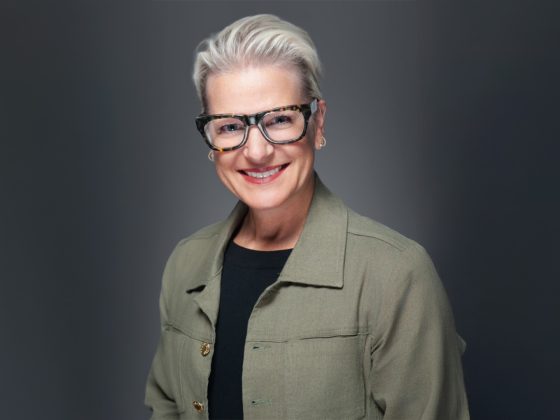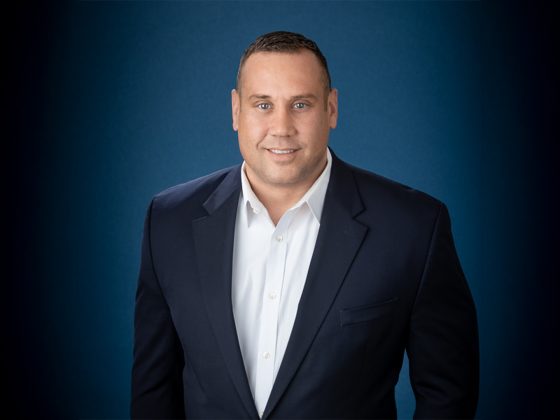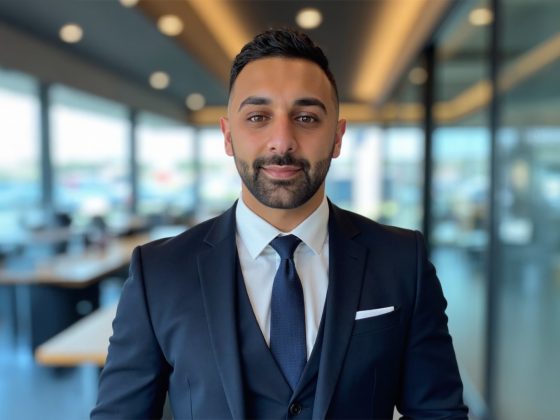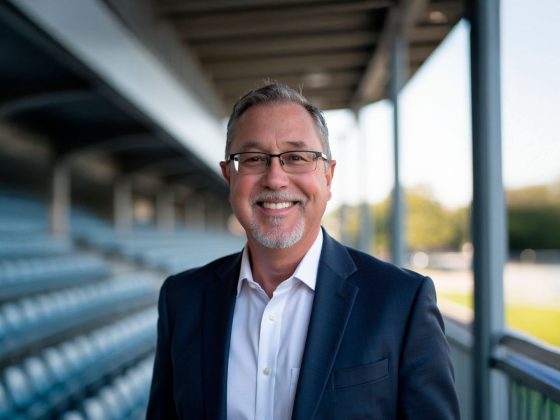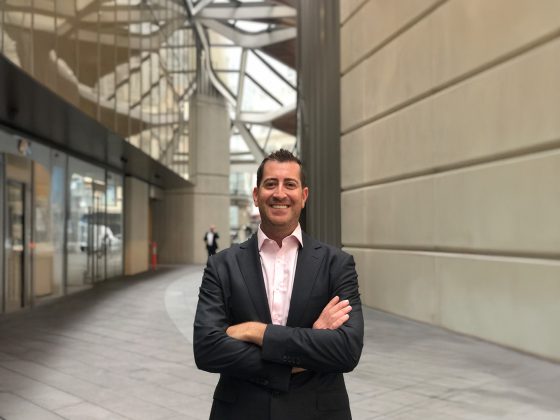As the senior population in the United States surges, senior living operators face mounting challenges, from rising liability, shifting regulations, climate-driven insurance volatility, and increasing operational costs. Meeting the moment demands more than off-the-shelf insurance policies. It calls for strategic risk management guided by deep sector knowledge. At the forefront of this transformation is Scott Reese, CEO and Founder of Echo Assurance, a specialty insurance advisory firm bringing innovative, tailored solutions to the senior living industry.
With more than two decades of experience, and the rare vantage point of being both an insurance expert and a senior living investor, Reese brings real-world insight to a rapidly evolving landscape. “Insurance isn’t just a cost to control; it’s a tool to strengthen your business model,” he says. “The right structure doesn’t just protect you, it makes you more competitive.”
A Sector in Flux: Why Traditional Insurance Falls Short
The demographic curve is steepening. Americans aged 80 and older are expected to grow by more than 40% over the next five years. According to the National Investment Center for Seniors Housing & Care, nearly one million new senior living units will be needed by 2040 to meet demand. Yet, the more urgent concern for current operators lies in staying solvent in an unpredictable market.
Senior living insurance costs have soared, particularly in states exposed to catastrophic weather events or plaintiff-friendly legal systems. These geographic penalties often blindside operators who are otherwise managing risk effectively. “We’ve seen operators with clean loss histories face double-digit premium hikes, simply because they’re in a zip code with high regional exposure,” explains Reese. The problem isn’t just premium increases; it’s that traditional brokers fail to engage with the operational nuance of senior living. “Most brokers shop quotes. We build strategies,” says Reese.
The Strategic Advantage: Custom Captives and AI-Driven Risk Assessment
Echo Assurance has redefined how insurance can be leveraged in the senior care environment with strategic tools like captive insurance programs. These structures allow senior living operators to retain some risk in exchange for greater control and potential long-term savings. “Captives are not for everyone,” Reese says, “but for multi-site operators with good claims histories, it’s a game changer.” Echo’s work has helped clients turn projected 300% premium hikes into 40% savings.
But perhaps the most forward-looking tool in Echo Assurance’s playbook is their use of artificial intelligence for facility-level risk scoring. By analyzing resident acuity, environmental data, staff turnover, and incident reports, Echo helps clients predict and prevent claims. “Risk is not abstract. It leaves a data trail,” Reese explains. “We use that trail to identify patterns, whether it’s a particular shift seeing more falls, or a location where maintenance response times correlate with liability claims.” This approach has led to tangible outcomes, including a 45% reduction in workers’ compensation claims across several communities, all while maintaining 5-star care ratings.
Regional Disparities and Why One-Size-Fits-All Doesn’t Work
A recurring challenge in senior living insurance is regional disparity. Property insurance in Florida, California, and Louisiana, for example, often increases regardless of facility performance. Reese calls this the “geographic premium,” a cost that reflects location risk more than operational behavior. “Operators in high-risk regions may do everything right and still pay more,” he says. “That’s why deductibles, parametric coverages, and structured captives become essential. They help even the playing field.” Echo Assurance has worked with operators to structure named-storm and earthquake deductibles strategically, reducing the exposure to frequent events while managing reinsurance relationships that accommodate regional volatility.
A Future Built on Partnership, Not Transactions
Experts, like Reese, strongly believe that senior living insurance is due for a cultural shift. “This industry can’t afford one-year insurance thinking anymore,” he notes. “If your broker is treating renewals like a yearly auction, you’re leaving money and protection on the table.”
He advocates for long-term carrier relationships, data-driven transparency, and risk alignment. “We’re not just placing policies. We’re building financial infrastructure around care models.” Senior living operators need partners who understand that their biggest risks are also their biggest responsibilities: caring for vulnerable populations, maintaining staffing levels, and navigating compliance. “We’ve lived this. We’ve run communities,” says Reese. “That’s what makes our guidance not just relevant, but reliable.”
To learn more about specialized insurance strategies for senior living, visit his website or follow Scott Reese on social media on LinkedIn, Facebook or Instagram.



